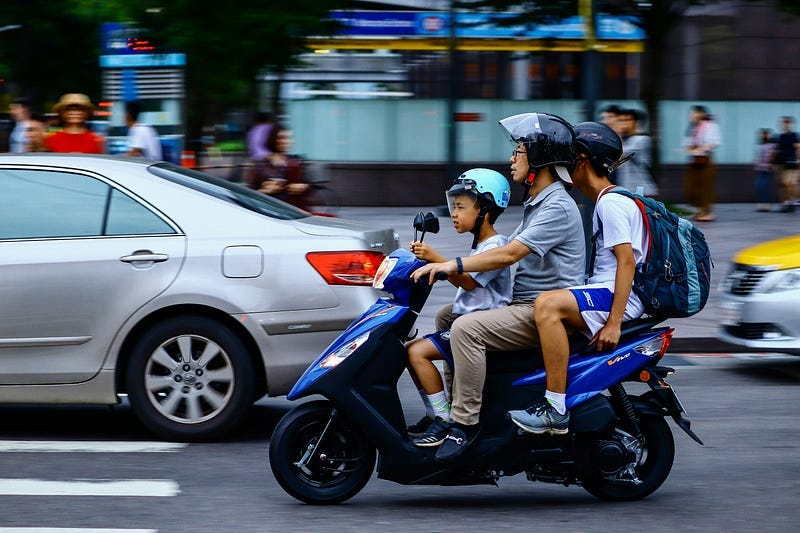Why the Middle Class Suffers the Most: The Paradox of Choice
How Trying to Optimize Your Life is Part of the Problem

When I was a graduate student studying philosophy, my life was simple. I cut my own hair, didn’t travel, ate the same cheap meals day after day — rarely going out to eat. If you have heard stories of students living off of rice and pasta, that was me. I was also the only grad student I knew who clipped coupons from the Sun…
Keep reading with a 7-day free trial
Subscribe to It's All Philosophy to keep reading this post and get 7 days of free access to the full post archives.

